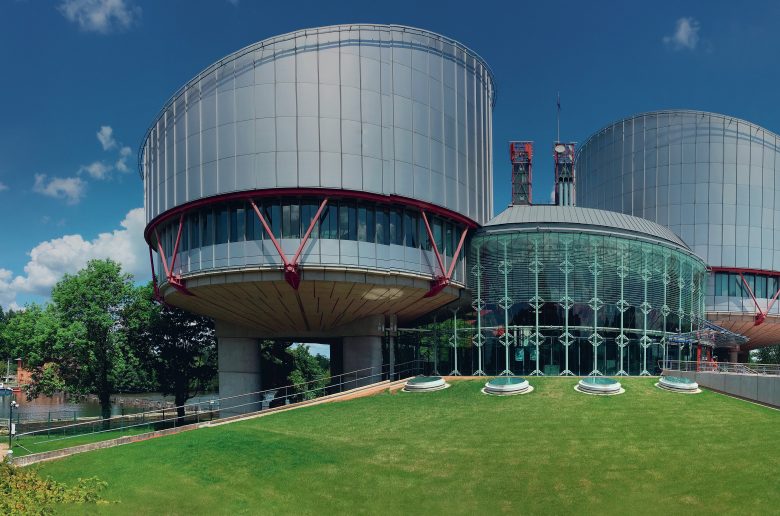
One of the central tenets of our system of trial by jury is that the deliberations of jurors are carried out in secret and based solely on the evidence presented at the trial. This area is governed by the Contempt of Court Act 1981 and jurors are given strict instructions when they serve not to talk about the case during the period of the trial and to focus on the evidence. The rules are intended to ensure that the process is fairly conducted — free from any bias or prejudice — so that there can be public confidence that just verdicts will be reached.
The idea of jurors going further than their duty requires is, however, a feature of popular culture. When Henry Fonda’s character astonishes his fellow jurors in the US film 12 Angry Men by producing a replica knife that he purchased from a local shop to raise doubts about the prosecution’s evidence, the audience values his conscientious approach to public duty. There is a sense that the evidence alone might not provide all of the answers.
Your organisation does not have access to this article.
Sign up today to give your students the edge they need to achieve their best grades with subject expertise
Subscribe




